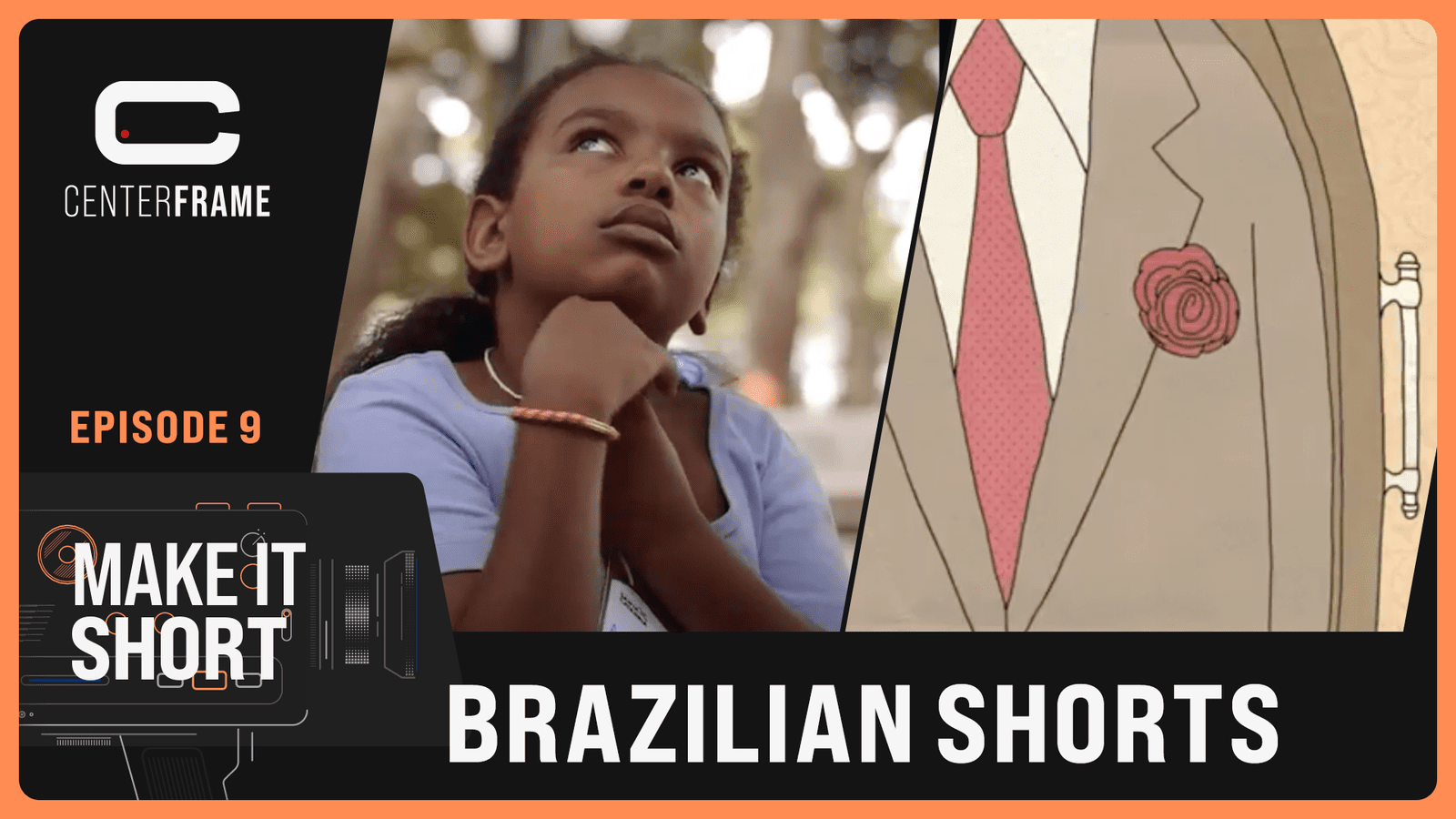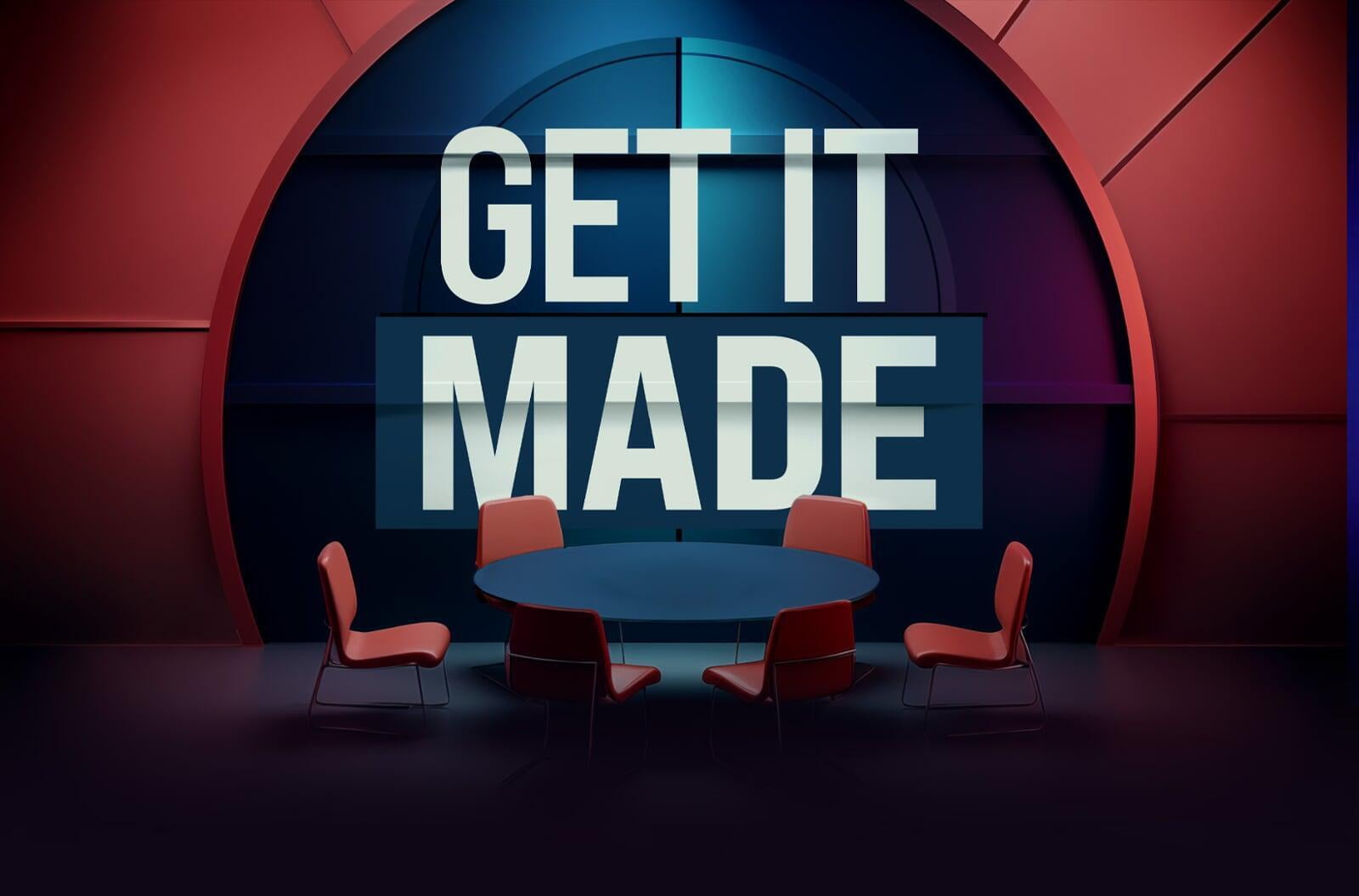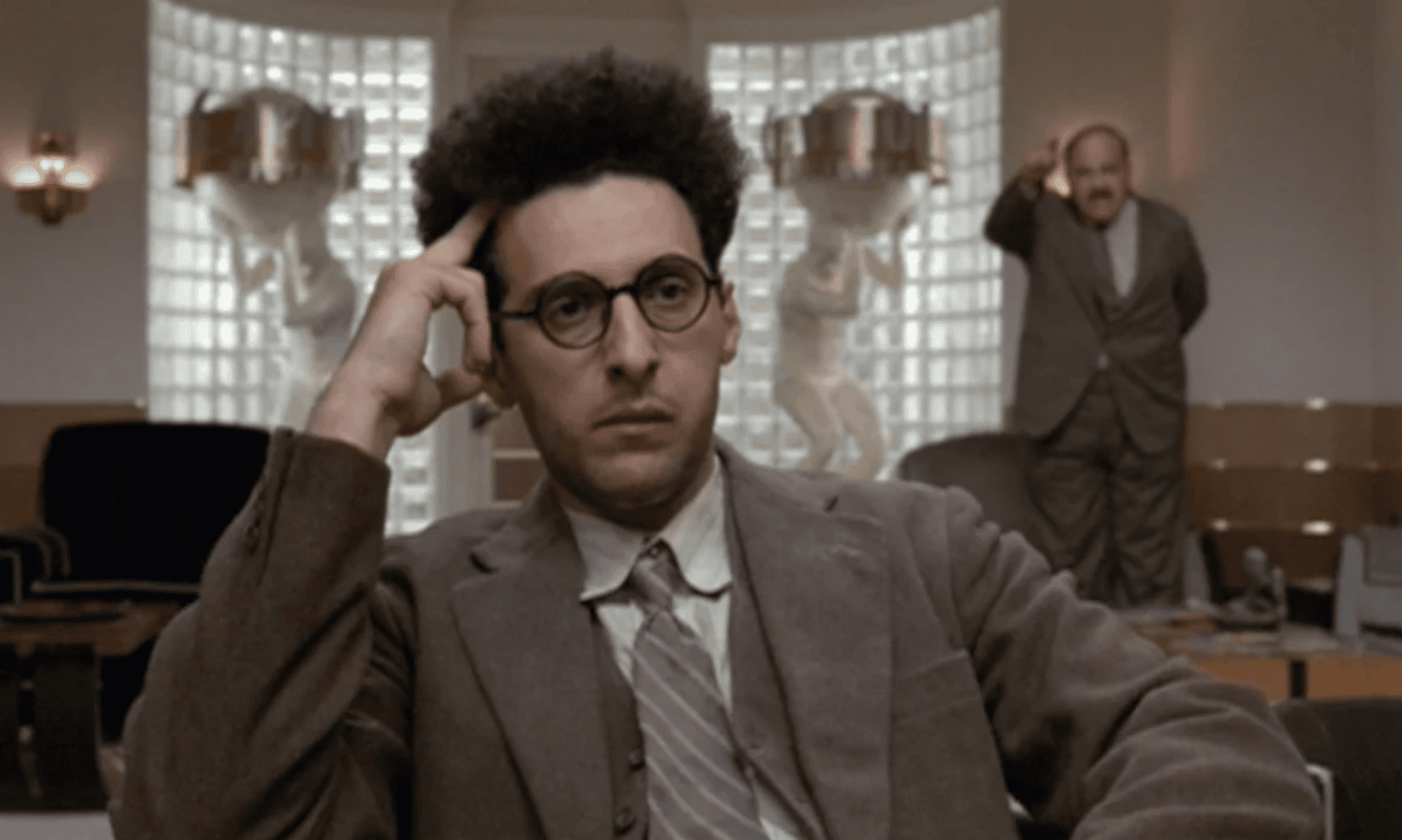SHORT FILMS OF THE WORLD:
A VISIT TO BRAZIL

MAKE IT SHORT
EPISODE 9
SHORT FILMS OF THE WORLD:
A VISIT TO BRAZIL

DIOGO BRÜGGEMANN
CenterFrame Team
The film industry is tough. That is true for the industry everywhere, even in the United States and Europe which together concentrate an immense portion of global film production, but if you examine the state of filmmaking in other parts of the world, the situation can be even more difficult.
Today we are visiting my home country, Brazil, to analyse and comment on a couple of short films which got made despite these difficulties, and exemplify the wide range we can find outside the dominant US-European area.
For the first time, I am hosting the show from São Paulo! As always, filmmaker and CenterFrame co-founder Bernhard Pucher joins us from London, while here with me in the studio we welcome the multi-talented Brazilian writer/director Tomás Fleck.
Brazilian filmmakers usually struggle to get their films produced, whether it be short or feature films, due to the lack of investments in the area and the difficulty of gathering financial support from both the public and private sectors. But resilient filmmakers can still find a way to have their films produced and completed, so any Brazilian film you see is likely to have years of development and hard grit behind it. That is the case, for instance, of the amazing Sundance darling Mars One, recently submitted as the Brazilian candidate for Best International Film at the Oscars.
Due to the lack of public funding, Brazilian cinema has historically been dominated by upper-class filmmakers - the only ones with the means to successfully produce their works independently. That is how many Oscar-nominated Brazilian classics, like Central Station and City of God, managed to get filmed in an environment which does not value local artists as much as it does international - mostly north-American - cinema.
If it is hard for well-off filmmakers to get their films made, you can imagine the trials and tribulations directors and screenwriters from less-advantaged social strata have to go through.
But despite these challenges, Brazil has managed to create an emerging film industry with a wide range of works to show.
We start today with one of these, the beautiful animated short Vovô (Portuguese for Grandpa), a 3-minute film which follows the memories of a child with his grandfather.
We travel back in time in a story full of nostalgia and emotion, which feels deeply personal. The film was written and directed by Welsh-Brazilian filmmaker Luiz Stockler and it is based on his childhood in Brazil and his relationship with his grandfather.
VOVÔ - Directed by Luiz Stockler
We all loved this charming and delicate story, both its aesthetic and its writing. Bernhard loved the animation and its transitions, while our guest Tomás Fleck pointed out the use of an interesting writing technique where the same sentence is said twice in different moments of the film, but with very different meanings. I focused on the fact that, as a Brazilian spectator, I felt deeply connected to the story, mainly due to the use of Portuguese.
Next, we have Baile (Summer Ball), an inspiring short film written and directed by Cíntia Bittar. It is a slice-of-life story which follows a young black girl in southern Brazil as she learns about the world around her.
She lives with her mother the photographer, and her great-grandmother, who needs constant care due to her advanced age. This is a coming-of-age story with a lot to say and it does so gracefully, through the eyes of its young protagonist. The clear social commentary is carefully woven into the everyday life of the girl and her family as they try to make ends meet.
BAILE (SUMMER BALL) - Directed by Cíntia Domit Bittar
Bernhard loved the framing of the film, while I focused my attention on its politics, which beautifully represent the current political moment in Brazil. Tomás noted the fact that the acting is quite effective, which should probably be credited to the director’s work with the actors.
And that’s it for today’s episode! This was a short visit to Brazil, but it certainly gave us a couple of great examples of what Brazilian cinema can offer.
Be sure to hit play and watch our video where we talk about how to bring films to life; The short films we discussed are great tributes to the commitment of independent filmmakers when it comes to getting the job done. I am sure you will find valuable tips and insightful ideas on how to make your own movie, based on the experiences of these people, who managed to produce unique short films!
As usual, we had tons of fun examining these short films and getting to know their creators. Now it is your turn: if you are a filmmaker, send us your work to get a chance to feature in one of the next episodes of Make It Short. And please share this message with other writers and directors you may know!
See you next time!

DIOGO BRÜGGEMANN
Film & TV Critic| CenterFrame Team
Related articles

You can edit text on your website by double clicking ely, when you select a text box
You can edit text on your website by double clicking ely, when you select a text box

You can edit text on your website by double clicking ely, when you select a text box
You can edit text on your website by double clicking ely, when you select a text box

You can edit text on your website by double clicking ely, when you select a text box
You can edit text on your website by double clicking ely, when you select a text box






